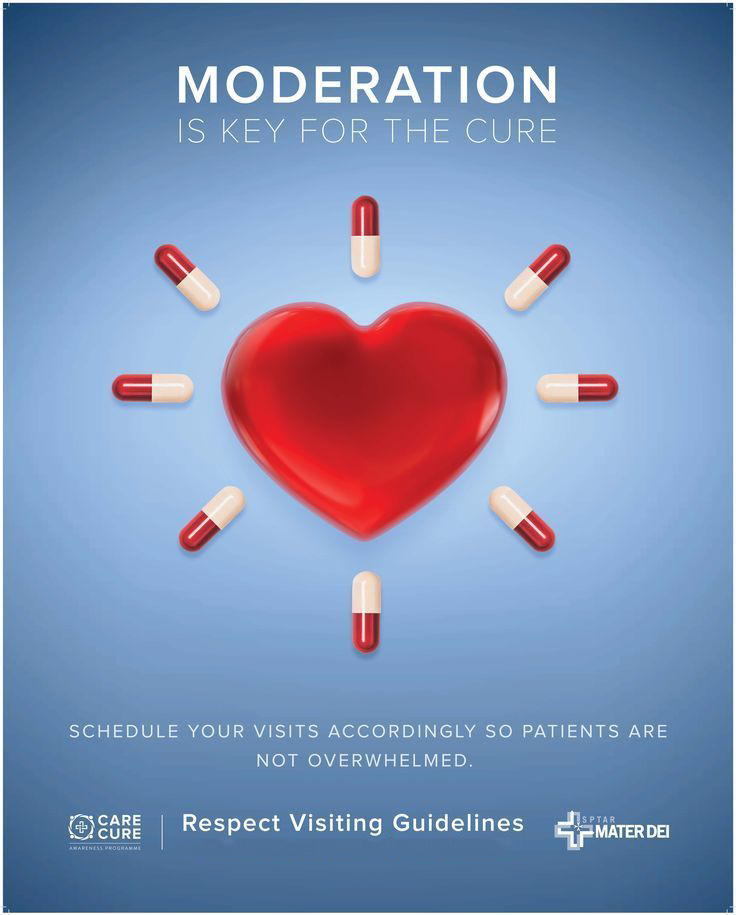
White-collar consultants’ advice for loved ones (family dynamics)
When a family member commits a white-collar crime, spouses, children, and extended family are affected. A white collar prison consultant helps accused people navigate complex, emotional family dynamics.
The shock of a family member’s white-collar crime can be overpowering. Disbelief, uncertainty, wrath, and shame may affect loved ones. In these cases, the consultant must first allow these feelings to surface. They promote open conversation to help families process their emotions. This is vital for family unity and emotional wellness during a very isolating time.
Families struggle with public scrutiny and social censure. Media coverage of white-collar crimes can tarnish public opinion. Consultants help families handle the external strain. They advise on media queries, privacy, and helping each other avoid communal exclusion.
Financial stress is another primary concern for families. White-collar crimes can cost much in legal fees, fines, and lost income for the primary earner. Consultants offer money management advice at this turbulent time. Budgeting, legal bills, and financial help may be involved. They may also advise families on asset and investment management during and after litigation.
In these instances, children need special care. A specialist advises on age-appropriate communication with youngsters about the situation. They advise children who may feel uneasy or puzzled by rapid family changes to preserve routines and normalcy. Consultants may advise youngsters to seek professional counseling to support their emotional well-being.
Consultants also help rebuild family trust. Family members may feel betrayed by white-collar crimes. Consultants help families rebuild trust and relationships. This frequently entails family counseling and open, honest talk about complex issues and feelings.
Consultants offer emotional and financial support and guidance on how to prepare for legal results, including incarceration. They assist families in preparing for separation and sustain relationships. This planning is essential for maintaining family relationships during hardship.








